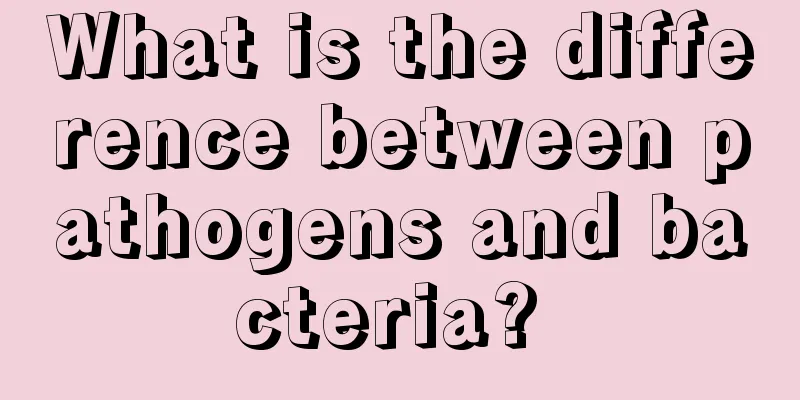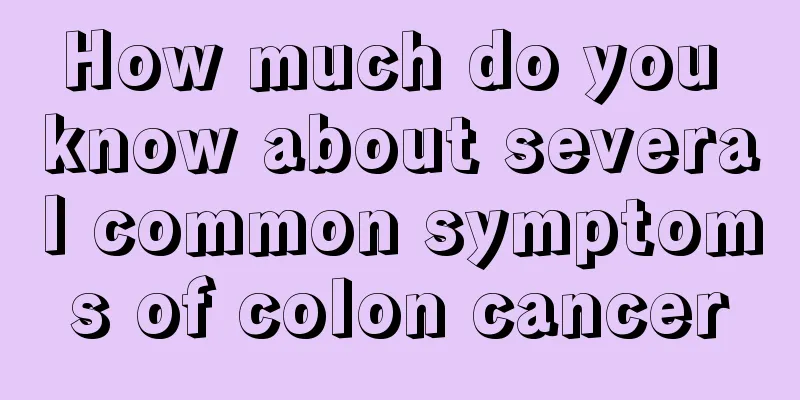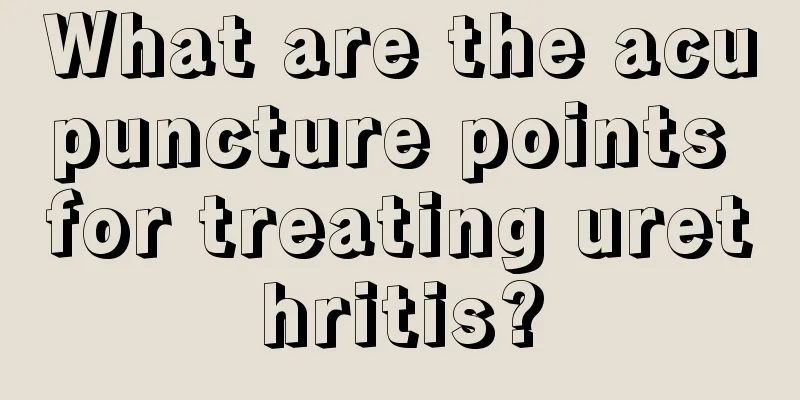What is the difference between pathogens and bacteria?

|
There are many kinds of diseases in the human body. Most of them are caused by infections, and there are many reasons for infection, such as the well-known viral infections, as well as bacterial and fungal infections, etc. The difference between viruses and bacteria is very obvious. In comparison, many people confuse pathogens and bacteria. In fact, viruses, bacteria and other sources of infection can be called pathogens, so there is a difference between pathogens and bacteria. The difference between pathogens and bacteria: Pathogens refer to microorganisms (including bacteria, viruses, rickettsia, parasites, fungi) or other microbial recombinants, including hybrids or mutants, that can cause infectious diseases in humans, animals, and plants. The structure of pathogens depends mainly on the type of pathogen. Viruses have no cell structure and can only proliferate in cells. They are composed of proteins and nucleic acids. Rickettsia is a prokaryotic organism that is between bacteria and viruses. A parasite is an organism that survives primarily by living inside a host or host body or attached to an external body. Fungi are eukaryotic organisms with nuclear DNA and organelles (mitochondria, microsomes, ribosomes, etc.), and their proliferation methods include asexual reproduction and sexual reproduction. Bacteria are a type of microorganism. Bacteria are primitive single-celled organisms that have a nucleus but no DNA wrapped in a nuclear membrane (nucleoid region), no membranous organelles (mitochondria and chloroplasts), a simple structure, and mainly reproduce by binary fission. Pathogens are microorganisms that can invade a host and cause infection. Mainly bacteria, viruses, fungi, etc. Why do pathogens make people sick? Because they can produce pathogenic substances and cause host infection. If it does not produce pathogenic substances, it is a non-pathogenic bacterium. As for normal flora, when they are in ecological balance with the host, they do not cause infection in the body, so they belong to the category of non-pathogenic bacteria. However, under certain conditions, normal flora can also cause infection due to dysbiosis, low host immune function or changes in the site of flora residence, so they should be regarded as pathogens. For this reason, these normal flora are called conditional pathogens or opportunistic pathogens, meaning that under special conditions or when encountering the right opportunities, they can also have the characteristics of pathogens and cause infectious diseases in humans. Classification of pathogenic substances The pathogenic substances of pathogens can be divided into two categories: toxins and invasiveness. Toxins are toxic to the host and can directly damage the body's structure and function. The invasive force itself is non-toxic, but it can break through the host body's physiological defense barriers and survive in the body (medically known as colonization), reproduce and spread. If toxins are considered the "culprit", then invasive force is the "accomplice". Based on the different cell wall structures, pathogens (except viruses because viruses do not have a complete cell structure) can be divided into two categories: Gram-positive and Gram-negative. The toxins of pathogenic bacteria can be divided into two types: exotoxins (mainly produced by Gram-positive bacteria) and endotoxins (mainly produced by Gram-negative bacteria) according to their properties, effects and producing bacteria. The table below lists the main differences between bacterial exotoxins and endotoxins. |
<<: What are the dangers of smoking in the morning
>>: The harm of women's cigarettes to men
Recommend
Why does renal hamartoma develop
The cause of renal hamartoma is mainly related to...
Why does my chest hurt when I cough?
For friends who have symptoms such as chest pain ...
Endoscopic submucosal dissection
Endoscopic submucosal dissection is a relatively ...
What should you pay attention to when lung cancer reaches the late stage? Dietary precautions for late stage lung cancer
As the number of smokers continues to increase, m...
How to treat herpes zoster
Shingles is a subtype of herpes and the most comm...
There are so many harmful effects of long-term lack of sleep
Long-term lack of sleep is a common problem for m...
What is the effective treatment for periostitis?
The painful symptoms of periostitis will have a g...
What are the functions of magnetic therapy underwear and are they harmful to the body?
Magnetic therapy underwear is made of negative io...
What are the magical uses of old vinegar
Vinegar is one of the traditional condiments in o...
What is the significance of central venous pressure
Central venous pressure is an important indicator...
What is the reason why honey turns white?
Honey brings many benefits to the human body, so ...
What to do if your nose peels
Perhaps everyone has experienced this situation. ...
Is it true that bayberry can be used to make medicine?
There are many folk sayings that using bayberry t...
Why do I have back pain in the morning? Find the cause and treat it
In our lives, many people suffer from back pain w...
Can vitamin E remove chloasma? What is the principle?
Many friends know that using vitamin E can help r...









